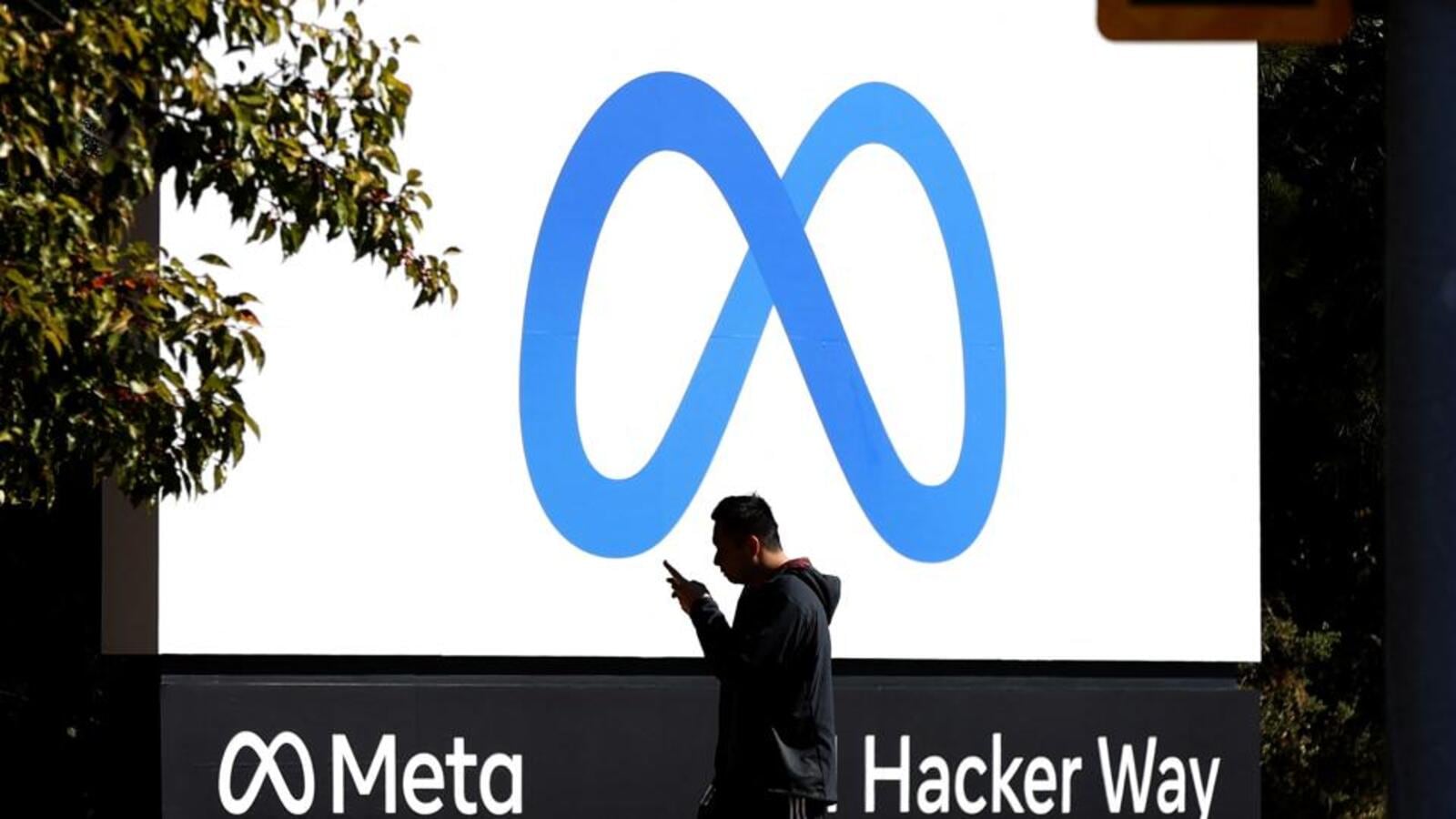Call the bluff: Meta cannot and will not unfriend Europe
Meta, formerly Facebook, has said that it may have to consider shutting down popular social networks Facebook and Instagram in European countries. The reason being, user data, and the European Union requirements that tech companies cannot transfer data of EU users to their systems in the US. As it is most of the time, it is always about user data with Meta. So, no Facebook or Instagram for users in Europe? Don’t bet on it. Facebook makes around $6.8billion a year in advertising revenue from the EU countries.
“If a new transatlantic data transfer framework is not adopted and we are unable to continue to rely on SCCs (standard contractual clauses) or rely upon other alternative means of data transfers from Europe to the United States, we will likely be unable to offer a number of our most significant products and services, including Facebook and Instagram, in Europe,” said Meta in the annual report for 2021 filed with the United States Securities and Exchange Commission (SEC).
The question of data transfer across continents
Simply put, Meta’s issue is with the regulatory restrictions that don’t allow it to transfer data of EU citizens and Meta service users to servers located in the US. The European data privacy laws insists all user data must be kept and processed with EU’s jurisdiction only. Meta’s point of contention is that it needs to also transfer its data to US based servers for its business operations and services such as online advertising. Meta said as much.
“If we are unable to transfer data between and among countries and regions in which we operate, or if we are restricted from sharing data among our products and services, it could affect our ability to provide services, the manner in which we provide our services and our ability to target ads, which could adversely affect our financial results,” the filing said.
EU regulators and the US have been attempting to replace the earlier data transfer pact, also called standard contractual clauses or SCCs, but have not been able to finalise a mechanism.
It was in July 2020 when the European Court of Justice ruled that the data transfer standards (these would be the SSCs) between the EU and the US do not do enough to protect the privacy of US citizens. This could include handing over and access of data of EU citizens by law enforcement agencies in the US, without intimation.
Happy without Facebook and Instagram?
The response to the veiled threats from within the EU has been sharp, and swift.
“After being hacked I’ve lived without Facebook and Twitter for four years and life has been fantastic,” said Robert Habeck, Germany’s federal minister for economic affairs and climate action, while speaking with reporters in the French capital. Habeck also said the EU will not be intimidated by Meta.
“I can confirm that life is very good without Facebook and that we would live very well without Facebook. Digital giants must understand that the European continent will resist and affirm its sovereignty,” added French finance minister Bruno Le Maire.
It may be considered that the statement in the filings is perhaps more of an acknowledgement of the regulatory framework and differences, and less of a threat. The very requirement of the SEC filings is for publicly traded companies to disclose what is impacting business, and subsequent profits or losses.
“I have always called for an alternative to the EU US #privacyshield to find a balanced agreement on data exchange + always called for #GDPR flexibility. However, #META cannot just blackmail the EU into giving up its data protection standards, leaving the EU would be their loss,” wrote Axel Voss, German lawmaker on Twitter.
Every user matters to Meta
For Meta, every user, and the data they generate matters. It is what feeds the massive advertising business Facebook set up over the years, which is finally seeing pushback over the complete lack of transparency, and because no consent was sought from users over the years. They cannot afford to lose any more at this time.
In the latest quarterly report, Meta revealed the struggle it finds itself in. The company has, for the first time in its 18-year history seen a decline in its daily active users. There’s also the projection of a $10 billion hit on advertising revenues, since Apple gave iPhone users the option to opt-out of giving Facebook and Instagram their web browsing data, for targeted advertising. The result of this outlook was Meta’s market value plunged by $230 million in a single day, the trading day after the earnings call, the highest ever one day loss for a company listed in the US.
Also Read: The only answer to India vs Big Tech on moderation
With that as the backdrop, Meta cannot afford to lose even a single user, let alone all countries in the European Union. Research by Statista indicates that at the end of Q4 2021, Facebook has 309 million daily active users in Europe. That’s up from 308 million a quarter earlier.
At the same time, Instagram had 27.7 million users in Germany at the end of October 2021, while Italy (26.3 million), France (24.1 million) and Spain (21.6 million)—just these countries, before we even count the rest of European countries, make up numbers very similar to Brazil’s user base for Instagram.
The final verdict on the privacy and data handling requirements could come later this year, which could even stop Meta from transferring any data outside of the EU region. That could be what Meta is fearing, and this is an early reaction to that. What Ireland’s Data Protection Commission decides, could have further impact on Meta’s advertising business in 2022, and beyond.
For all the latest business News Click Here


